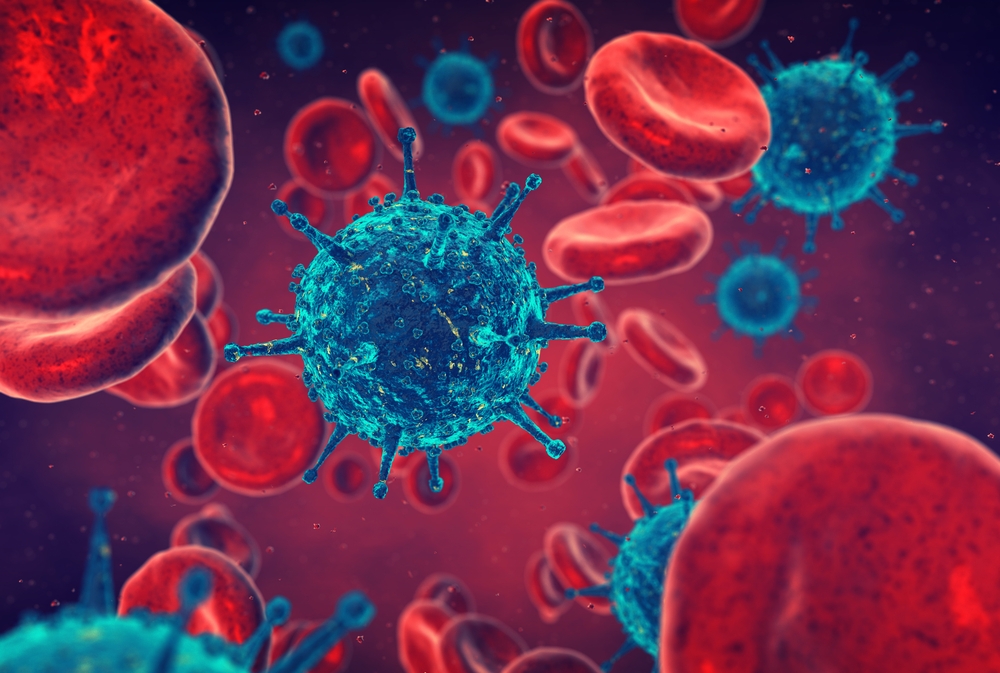
A study by investigators at Weill Cornell Medicine and NewYork-Presbyterian aims to answer one of COVID-19’s biggest mysteries: why do some people become severely ill, while others have no symptoms? The multidisciplinary team will seek to identify underlying genetic and immune factors that contribute to these varying outcomes to help guide the development of precision prevention and treatment efforts.
The NewYork-Presbyterian–Weill Cornell Medicine Employees (NYP-WELCOME) study is recruiting 1,000 asymptomatic healthcare workers at the two institutions to periodically contribute biological samples over two years. With these tissue collections, the investigators will build a biospecimen repository that will be used to drive basic, translational and clinical research into the natural history of the disease.
“Many of our colleagues are already studying COVID-19 in the sickest patients,” said principal investigator Dr. Silvia Formenti, the Sandra and Edward Meyer Professor of Cancer Research and chair of the Department of Radiation Oncology at Weill Cornell Medicine, and radiation oncologist-in-chief at NewYork-Presbyterian/Weill Cornell Medical Center. “We felt it was also important to study the disease from the first point of SARS-CoV-2 infection to recovery and establishment of an immune signature, to learn about the diversity of responses by the human immune system over time.”
Dr. Virginia Pascual, the Drukier Director of the Gale and Ira Drukier Institute for Children’s Health and Ronay Menschel Professor of Pediatrics, and Dr. M. Elizabeth Ross, director of the Center for Neurogenetics in the Feil Family Brain and Mind Research Institute and the Nathan E. Cumming Professor of Neurology at Weill Cornell Medicine, are co-principal investigators of the study.
Since the COVID-19 pandemic began, the spread of disease and responses to infection have been diverse and complex. Roughly 40 percent of those infected are asymptomatic, yet up to 5 percent become seriously ill and require intensive care. The mortality rate has ranged from 1 to 3 percent, including, surprisingly, some younger, otherwise healthy individuals.
NYP-WELCOME volunteers will visit the Weill Cornell Clinical and Translational Science Center monthly, respond to a brief questionnaire about their health and potential exposure, receive nasopharyngeal swab tests for SARS-CoV-2 infection and contribute blood, urine, stool and saliva samples for two years. Over the course of the planned two-year study, which began during the height of the pandemic in New York City, the researchers estimate that at least 100 individuals will test positive for SARS-CoV-2, enabling comparison with others.
“Our healthcare workers who participate in the NYP-WELCOME study are incredibly dedicated individuals who are commited to an effort that will require monthly visits with the research team for up to two years,” said Dr. Ross. “This will be an invaluable resource for investigators in the field.”
The investigators will use the resulting biobank of tissue samples to help answer many questions about the virus. For example, they will investigate the type and intensity of immune response the participants develop, how long antibodies against SARS-CoV-2 persist and whether types of white blood cells called T cells, and memory T cells, which remain long after an infection has passed, play a role in conferring immunity to SARS-CoV-2. This information will be essential since it is not yet clear whether people who have recovered from COVID-19 and developed antibodies are protected from a second infection, according to the World Health Organization.
“Most COVID-19 studies to date have looked at the patient’s immune system at the time of infection,” said Dr. Pascual. “The NYP-WELCOME study is designed to capture the immune system before, during and after COVID-19, thus opening the door for finding predictors of good or bad outcomes.”
The NYP-WELCOME study is a multidisciplinary collaboration that includes 18 co-investigators across a range of specialties, including immunology, microbiology, clinical genetics, pathology, virology, precision medicine and informatics. Dr. David Artis, the director of the Jill Roberts Institute, director of the Friedman Center for Nutrition and Inflammation and Michael Kors Professor of Immunology, and Dr. Julie Magarian Blander, the Gladys and Roland Harriman Professor of Immunology in Medicine at Weill Cornell Medicine, chair the study’s steering committee.
The initial phase of the study is supported by a peer-reviewed $250,000 Weill Cornell Medicine COVID-19 research grant and is also linked to an additional $100,000 award to Dr. Blander for a project titled, “A T cell Biomarker for Protective COVID-19 Immunity.”
The Vaccine Research Center at the National Institute of Allergy and Infectious Diseases, part of the National Institutes of Health, which is currently studying samples from people who were acutely infected with or who recovered from COVID-19, will collaborate on this study, performing high-throughput lab testing for measuring immune responses and genetic sequencing.
“NYP-WELCOME is an ambitious initiative that has become a reality, thanks to the enthusiastic support of colleagues across different departments and the support of the Weill Cornell Medicine Immunology Task Force on COVID-19,” said Dr. Formenti. “In a moment when COVID-19 has challenged us, we are uniting, hoping that together we can find responses to the many questions this pandemic has brought.”

